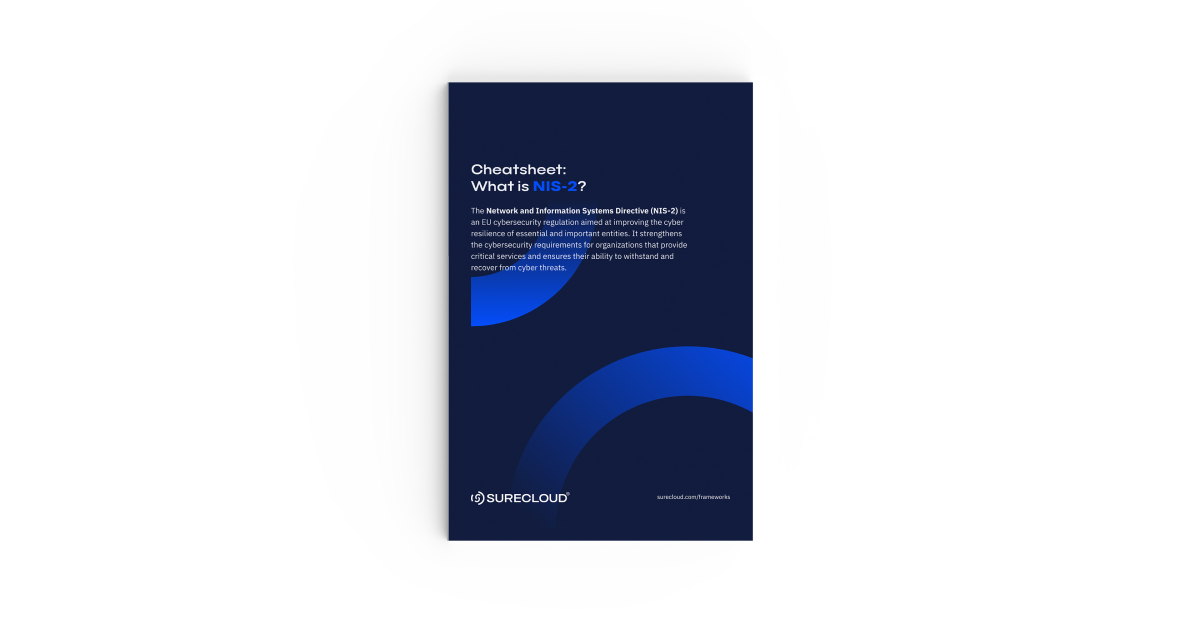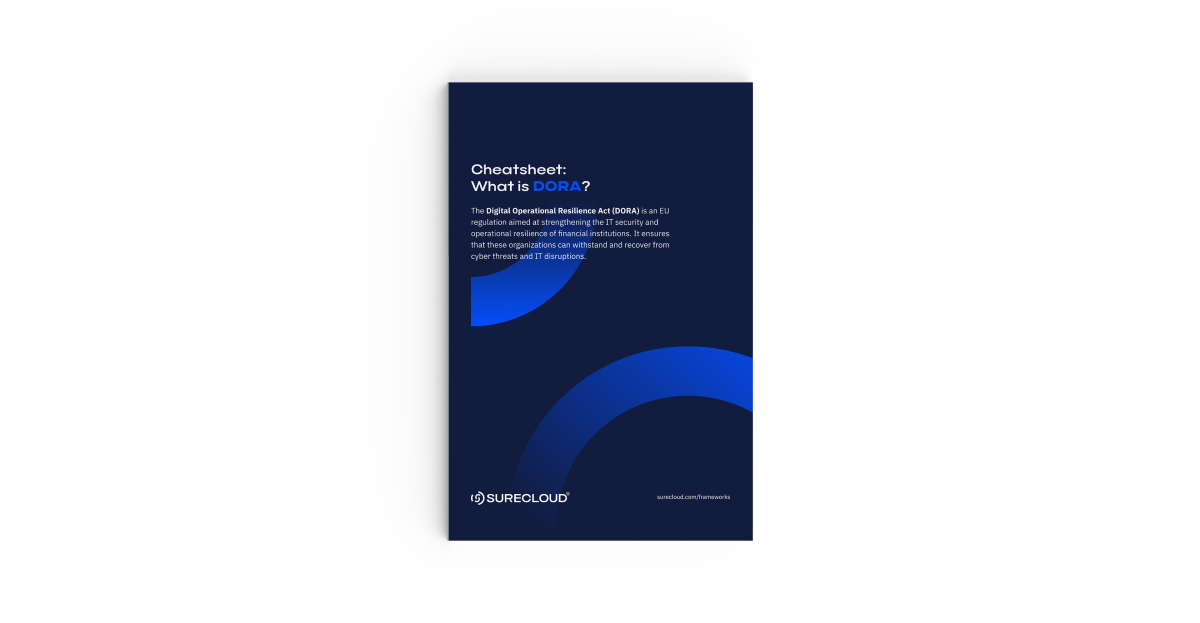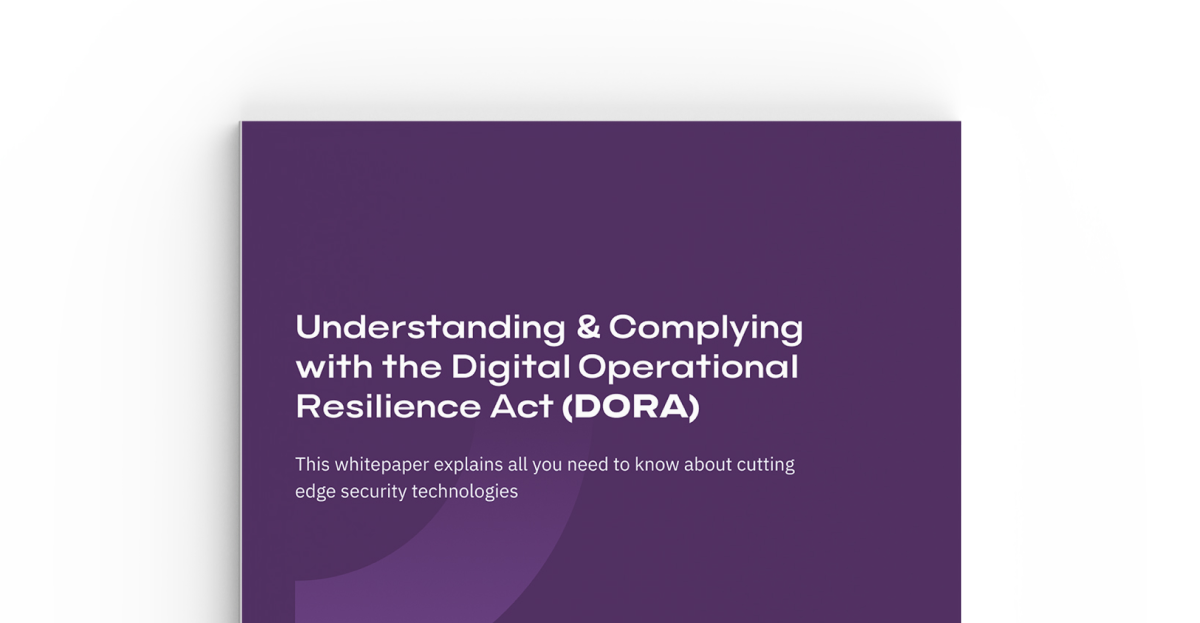
Understanding and Complying with DORA
This whitepaper provides a comprehensive overview of DORA, outlines its requirements, offers strategies for compliance, identifies the entities in scope, and highlights critical focus areas for companies.
Read MoreFeatured Resources
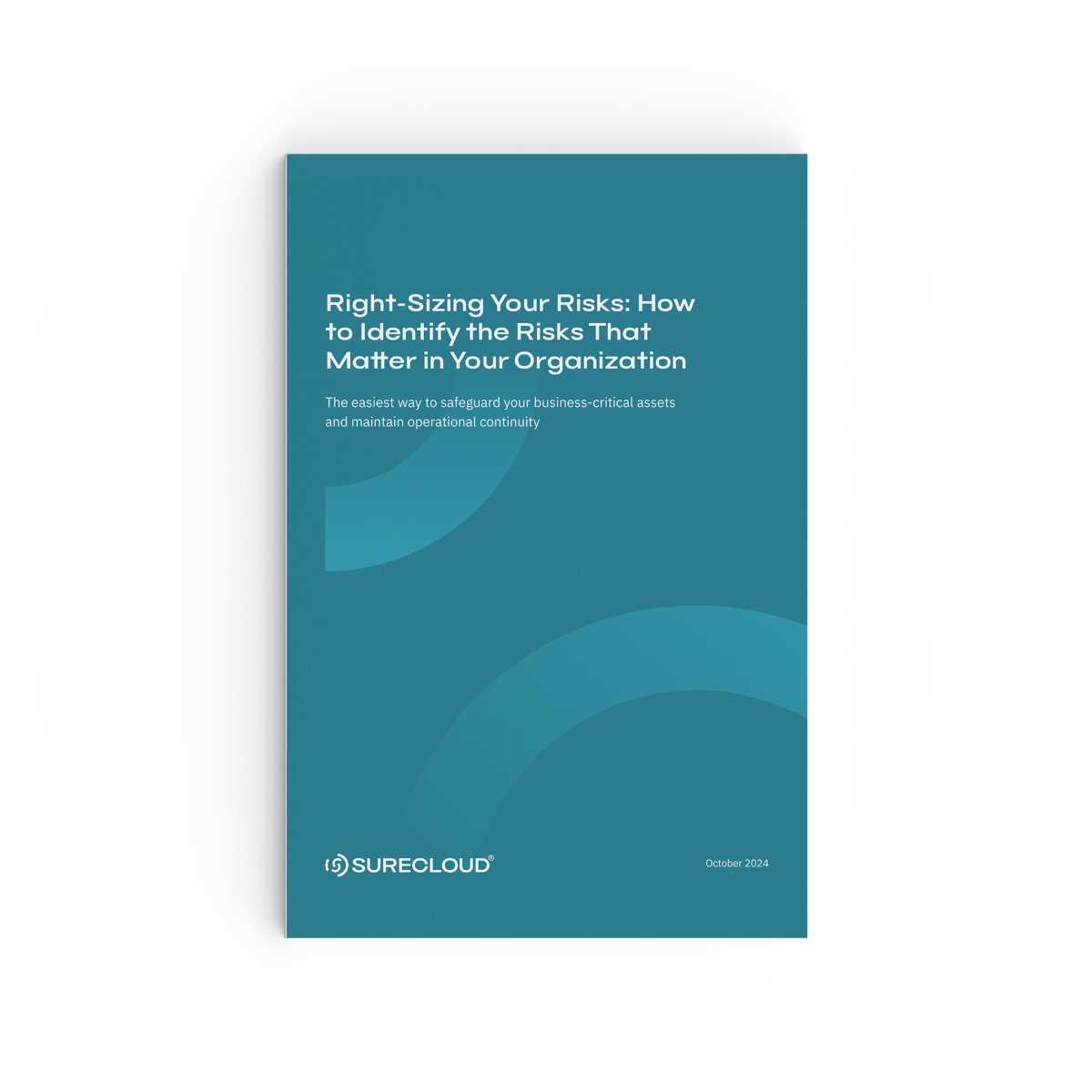
Right-Sizing Your Risks: How to Identify the Risks That Matter in Your Organization
Is your organization struggling to manage an overwhelming list of potential risks? It’s time to focus on what truly matters. In this comprehensive whitepaper, SureCloud’s GRC experts walk you through how to identify, prioritize, and mitigate the most critical risks facing your business today.
Read More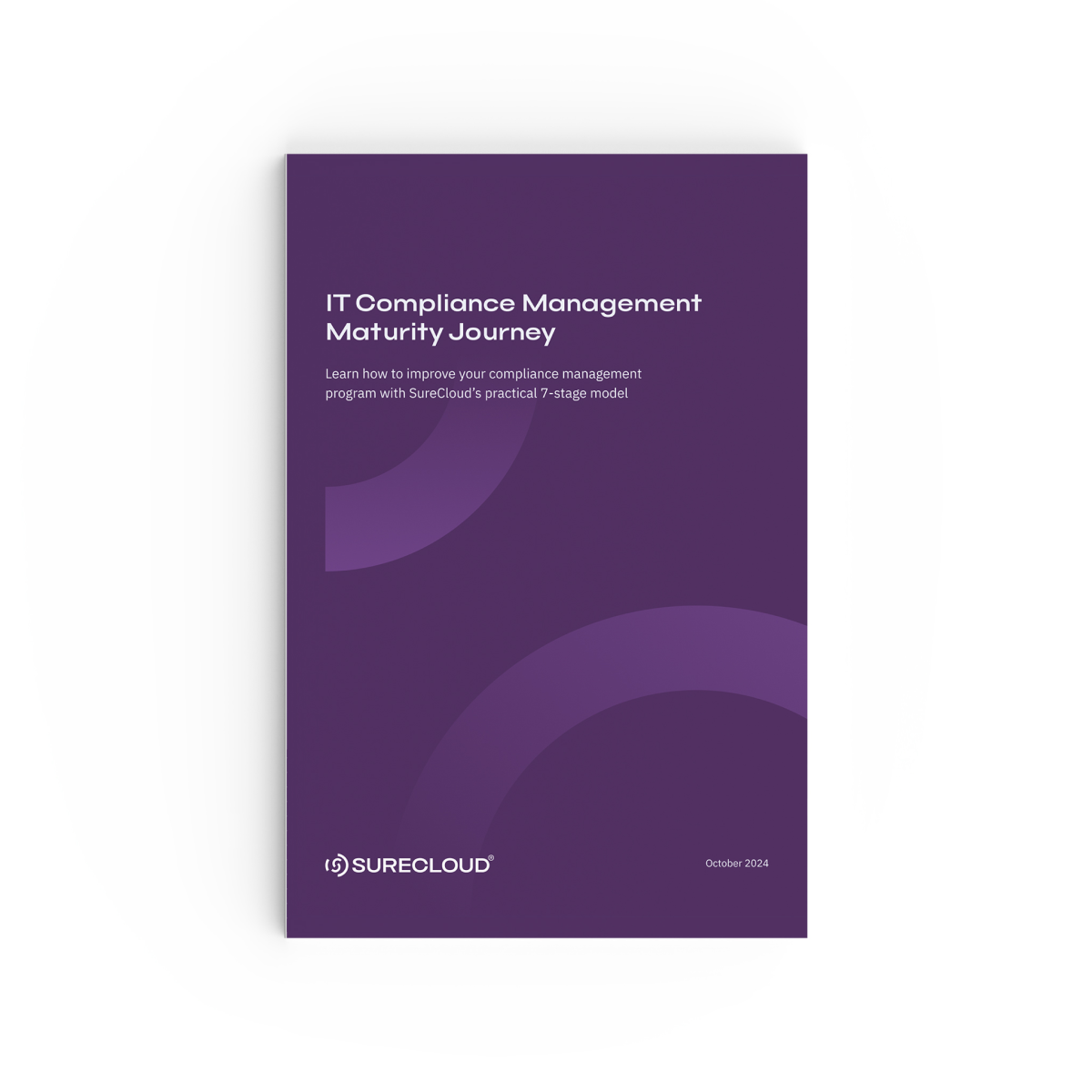
Secure Your Compliance Future: The Guide to Security Compliance Maturity
Compliance isn’t just a checkbox; it's a journey toward resilient, sustainable security practices. The Guide to Security Compliance Maturity from SureCloud delivers a proven, seven-stage roadmap to help organizations assess, optimize, and advance their compliance management programs.
Read MoreAll Resources
Featured!
ISO 27001 Compliance Management Guide
Simplify your ISO 27001 certification journey with expert insights and strategies to manage cybersecurity risks and ensure compliance effectively.

Featured!
Preparing for EU AI Act Compliance | Key Strategies and Insights
Prepare for the EU Artificial Intelligence Act with our expert whitepaper, outlining compliance strategies and key milestones to safeguard your organization by 2024.

Featured!
SOC 2 Compliance Guide | Strengthen Security and Build Customer Trust
Discover how to enhance security, build customer trust, and simplify your SOC 2 compliance journey with expert insights from SureCloud's comprehensive guide.
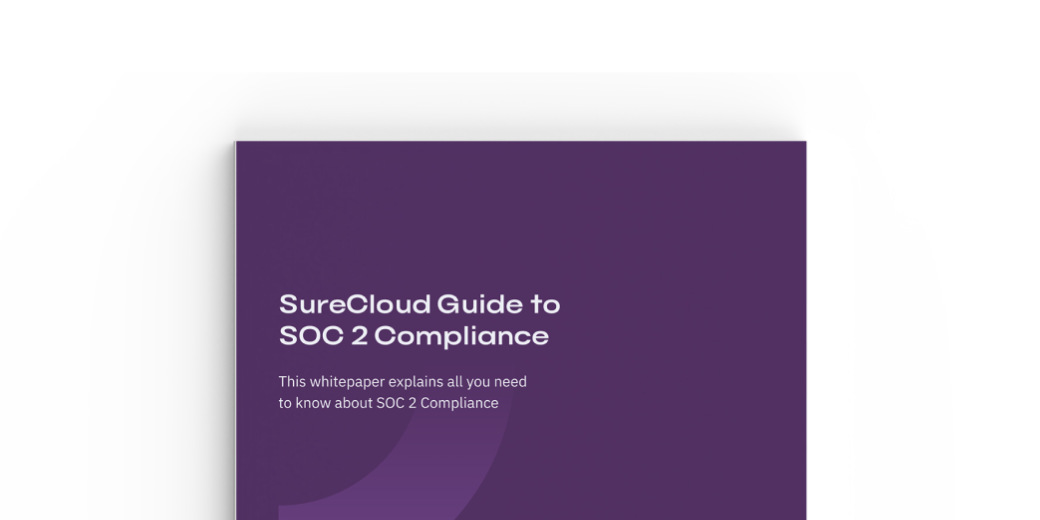
Featured!
Achieve NIS-2 Compliance with Confidence - Whitepaper
Your essential guide to NIS-2 compliance: navigate key requirements, mitigate cybersecurity risks, and streamline compliance with SureCloud’s powerful GRC platform.
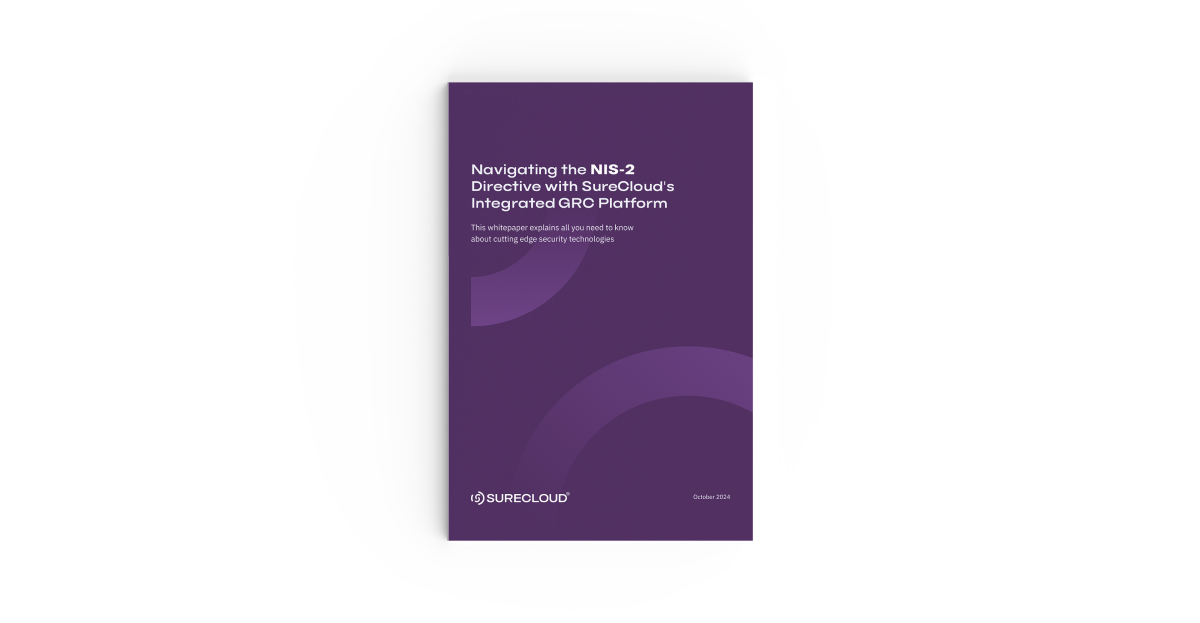
Stay in the know with SureCloud
Want to keep your fingers on the pulse of the information security world? Subscribe to the SureCloud newsletter and get the latest news, resources and insights – straight to your inbox.
Featured Blogs
- Compliance Management
- Third-Party Risk Management
Preparing for DORA: Strengthening Your Digital Resilience Before 2025
Non-compliance can result in fines of up to 2% of annual turnover or 10 million euros for financial institutions, and up to 5 million euros for IT service providers.
Read More- Risk Management
- Business Continuity
From Risk Overload to Focused Strategy: Learn How to Right-Size Your Risks
Learn how to prioritize the risks that matter most. Explore key insights from SureCloud’s whitepaper and download it now for full risk management strategies.
Read More- Compliance Management
The Compliance Maturity Journey: Where Does Your Organization Stand?
Explore key stages in compliance maturity and discover how a structured approach can boost resilience. Download the full guide to start optimizing today!
Read More

